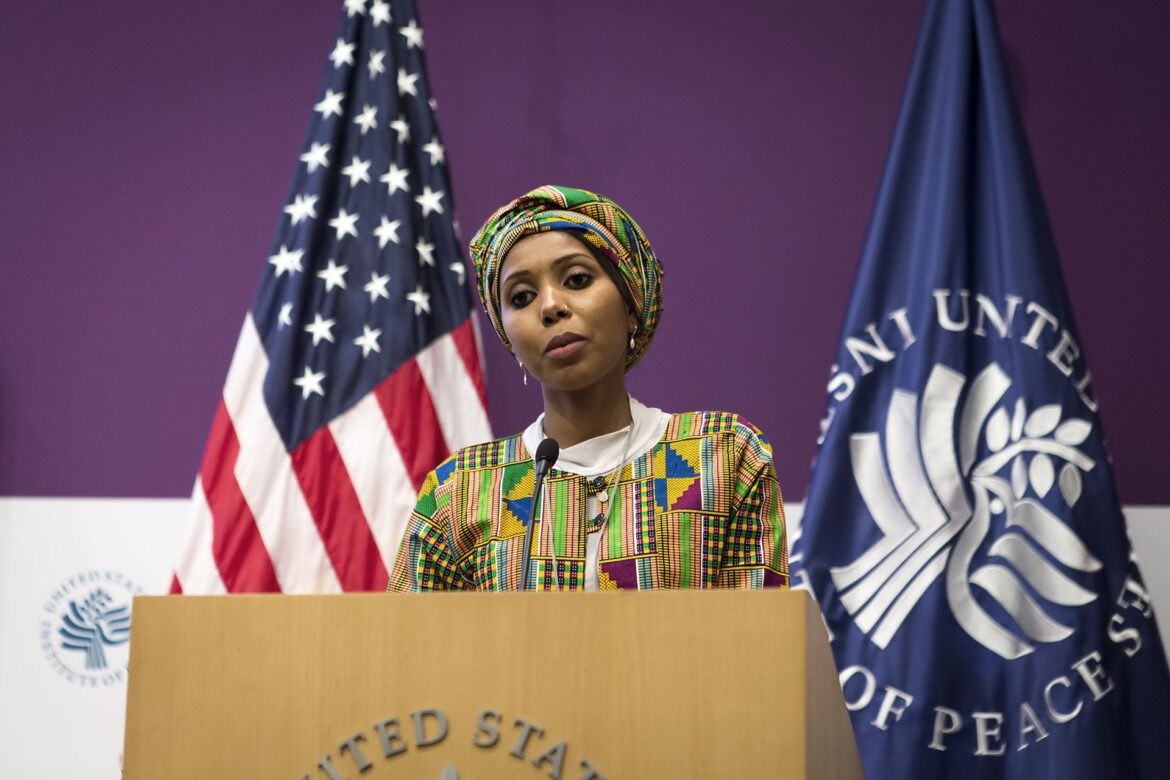In Gambia, thousands of girls face Female Genital Mutilation (FGM) and child marriage, threatening their well-being and future. Over 73% of women and girls between the ages of 15 and 49 have already undergone FGM, with three out of four girls experiencing it before age six. Child marriage also persists, affecting 23.1% of girls before 18 and 5.6% before 15. These practices deny girls education, health, and autonomy. Jaha Dukureh, a courageous survivor-turned-activist, has dedicated her life to eradicating FGM and child marriage in the West African country.
Born in Gambia, she experienced these harmful practices firsthand. At one week old, she underwent the severe form of FGM known as excision and infibulation. Forced into marriage twice, first at 15 and again at 17, she struggled with intimacy and associated sex with pain.
Her experiences fueled her passion to empower women and girls, challenging harmful traditions and cultural norms. Dukureh’s determination sparked in her late twenties when she discovered women could experience pleasure. This realisation drove her to lead the campaign to ban FGM in the Gambia in 2015.
As a mother, she fears for her daughter’s future and wants to ensure no girl experiences her childhood trauma. Her motivations drove her activism, humanising the issue of FGM and emphasising the need for understanding and tolerance.
Compelled by her own experiences and determination to protect others, Dukureh founded Safe Hands for Girls in 2013. This women-led organisation protects girls and women from FGM and child marriage in the Gambia, Sierra Leone, and Atlanta, USA. The organisation’s mission aligns with the UN Convention on the Rights of the Child, recognising that FGM denies girls their right to health, happiness, and fulfilment.
As a survivor-led project, Safe Hands understands the devastating impact of FGM on girls’ lives. Dukureh’s personal experience informs the organisation’s approach, ensuring solutions are tailored to affected communities. Safe Hands empowers girls to rebuild their lives through education, social services, and advocacy support.
The organisation fosters a supportive environment through school outreach, training young advocates, and community outreach, equipping girls with knowledge, tools, and self-esteem to reach their full potential.
Safe Hands observes significant days, such as the Day of the African Child and International Women’s Day, to raise awareness and mobilise action.
Dukureh emphasises the importance of understanding FGM’s complexities and recognising its cultural and economic significance. She stresses the need for economic empowerment through sustainable initiatives, enabling women to gain financial independence.
As CEO and Founder, she mobilises youth, collaborates with governments and organisations, and challenges harmful traditions. Her work contributed to the Gambian Government’s ban on FGM and the US government’s investigation into FGM.
Her leadership inspires a movement, mobilising youth and communities to abandon harmful practices. Her remarkable work has earned international recognition, including being named one of TIME Magazine’s 100 Most Influential People in 2016 and receiving a Nobel Peace Prize nomination in 2018.
We’re just one generation away from eradicating FGM.- Jaha Dukureh, Founder, Safe Hands for Girls.
As UN Women’s Regional Goodwill Ambassador for Africa, her global impact extends beyond her home country. Her advocacy has reached the United States, contributing to the investigation into FGM and the subsequent Summit to end FGM.
To achieve lasting change, Dukureh advocates for supporting grassroots movements, strengthening laws and enforcement, and amplifying survivors’ voices. Providing education, economic empowerment, and psychosocial support to survivors is essential. While the fight against FGM and child marriage requires collective action, supporting organisations like Safe Hands for Girls is crucial in creating a brighter future where girls’ potential is unlimited.
Dukureh’s unwavering dedication has transformed countless lives, inspiring a movement to abandon harmful practices. Her advocacy has contributed to historic milestones, embodying the power of grassroots activism. With continued support and collective action, her vision can become a reality.



